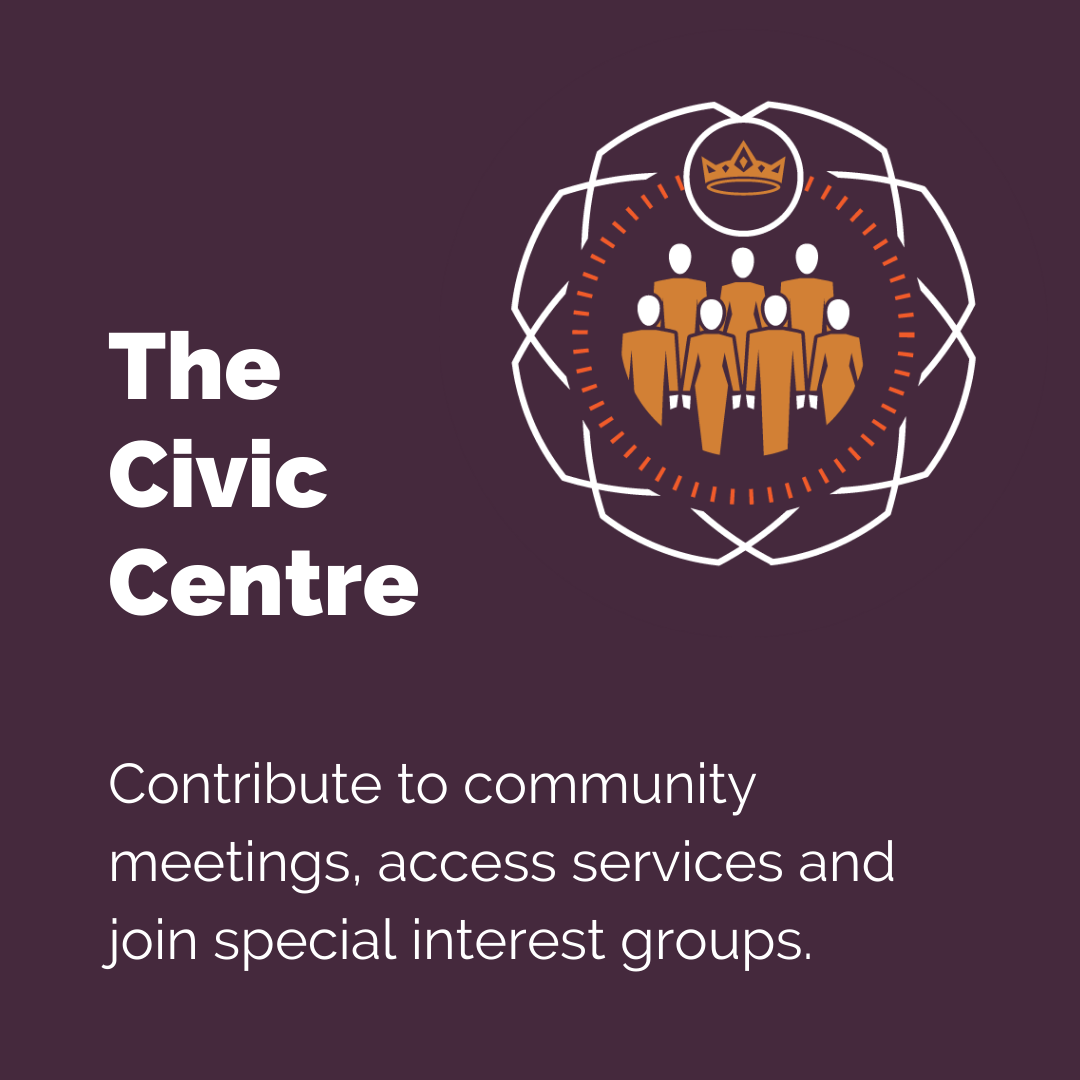I was invited to speak to a group of graduates recently on the matter of citizenship. After the presentation I was asked by a member of the audience to distinguish the difference between freedom and liberty.
Continue to listen or read this article below.
So when the team agreed upon the theme 'A call to stand' I took the opportunity to do a little bit of research on the subject.
What I came to realise was that across the world freedom and liberty vary between personal choice and collective rights. I also found there to be a lot of ambiguity on the subject, which often meant that people were not even questioning the type of freedom they had inherited.
The words of one of America's founding fathers Patrick Henry comes to mind when he states “Is life so dear, or peace so sweet, as to be purchased at the price of chains and slavery? Forbid it, Almighty God! I know not what course others may take; but as for me, give me liberty or give me death!”
The words reveal a man who understood he had to pay the price of an imposed freedom in order to secure the nation's liberty.
One can only guess from men such as Mahatma Gandhi, Martin Luther King Jr, Malcolm X and Nelson Mandela, at what point their souls began to comprehend the poverty of the freedoms they were shackled with and the true riches of liberty which they could possess.
These men classed as rebels without a cause became the celebrated heroes of their people. They obeyed the “Call to stand” and fuelled the rise of true patriotism. They woke the nation up from its slumber and living with the status quo by forcing both the captor and the captive to sit at the table and renegotiate new terms under the banner of liberty.
The film Ghandi serves as a good example. On the one hand, the British empire are reluctant to negotiate terms and risk losing control. On the other hand, Ghandhi seeks to wrestle back the liberty of self-government for his people.
Ghandi puts it well when he states: Mr Kinnock 'I beg you to accept there is no people on earth that would not prefer their own bad government to the good government of an alien power'
So what do the two words mean and why is it important for us today?
Speaking in layman's terms freedom (old English) means to be free from external rule whilst liberty (old French) means to be free to do something, to act, speak or think without hindrance.
Another way of describing the two; would be that on the one hand freedom seeks for us to be unrestrained from the slavery of a tyrant whilst on the other hand liberty ushers us into possession of a life fully free from unnecessary restraint.
It is important to add that neither are repelling forces, the desire of freedom is not to the detriment of liberty if this were so it would inevitably lead to rebellion and anarchy. They are both held in tension by the force for good governance and empowerment.
What does the bible say?
The book of Genesis has a lot to say regarding freedom and liberty. The book starts by introducing us to a world endorsed with the blessings of God, ready to express freedom through the liberty defined by its creator. Unfortunately, the narrative changes and through the temptation, a false ideology of freedom is introduced bringing man under the tyranny of the kingdom of darkness and bondage to sin.
Not to be undone the promise of the last Adam is foretold who will rid mankind of this tyranny by ushering in the liberty of the kingdom of God. Until the coming of the Messiah, the Old Testament narrates the ongoing struggle man would have with the false ideology of freedom whilst hoping for the fruition of liberty. In this wrestle, some would succeed whilst others fail.
From the line of Cain, men would continue to hold on to the tyranny perpetuated by disobedience, insisting on creating a form of dominion crafted by their on volition. However those 'Called out' such as Abraham, Isaac, Jacob and Joseph having recognised the futility of it all would wrestle for the liberty promised by the Lord by a: resisting the temptation to exercise their own sense of right and wrong and b: petition the Lord for his justice to establish their liberty.
Israel's deliverance from Egypt serves as an example. Having 'called out' the nation' Moses petitions the Lord to exact his righteousness against pharaoh to secure the nation's liberty from tyranny. The principle also works in reverse whereby we are warned repeatedly in scripture that having been delivered into liberty not to throw it off by casting off restraint.
This is reiterated by Proverbs 29:18 which states: 'Where there is no revelation the people cast off restraint but blessed is he who keeps the law'
For the kingdom citizen Paul’s words sums up the matter when he states: 'Stand fast therefore in the liberty by which Christ has made us free, and do not be entangled again with a yoke of bondage' Galatians 5:1
In closing good citizen to be sure that the freedoms you are fighting for are not the shackles of bondage, make the kingdoms liberty the vision through which your freedoms find suitable expression as a citizen.
For King and for country...


